Alright – so today we’ve got the honor of introducing you to Deeba Montazeri. We think you’ll enjoy our conversation, we’ve shared it below.
Deeba, thank you so much for joining us today. Let’s jump right into something we’re really interested in hearing about from you – being the only one in the room. So many of us find ourselves as the only woman in the room, the only immigrant or the only artist in the room, etc. Can you talk to us about how you have learned to be effective and successful in situations where you are the only one in the room like you?
It’s interesting because I used to hate it. I was frustrated with how it felt like there was a lack of women, especially women of color in film scoring. The majority of productions, you’re working with mostly men, being in the role of audio engineer, sound editor, producer, etc. There was a few times where in a recording session, I was assumed to be one of the musician’s girlfriend. I think so much of it is how you handle it and ensure that your self worth is not based on the projections of others. I would feel the need to clarify immediately that I was an equal part of this team and that I was actually the composer for this production. But I think over time, there is a confidence that settles in you, and coming to terms with the fact that bias will always be there. You gotta show up, do the work, be polite and respectful and let that be the impression you leave. Instead of feeling resentment now, I think I use what qualities I have and bring that to the table. We all have a different relationship to our fields so use that uniqueness in making it your own. You deserve to be there and your voice matters. Whenever I have imposter syndrome kick in about my abilities to conquer a score, I always remind myself stranger things have happened. Go fourth and conquer.
Thanks, so before we move on maybe you can share a bit more about yourself?
I work primarily in film scoring and secondarily in theatre. I have been playing piano since I was a kid and I grew up always listening to film scores and trying to transcribe them. One of the first themes I transcribed was the theme to The Good The Bad and the Ugly, when I was a teenager. Funny enough though, I didn’t pursue scoring as a career until much later. I was pursuing acting for a long time and it wasn’t until I was in film school, casually scoring my friends’ short films for $40, that I realized it was something I really loved doing. Now having been in it for a little while, I think wow this is always what I was meant to do. But everything needed to happen for me to end up here. So much of my acting training informs how I approach a score. The way that both actors and the composer are trying to communicate the same themes, intentions, etc. I feel like I want my scores to be a force under the water, keeping the characters afloat while they swim. An unseen life vest perhaps. My work has a lot of classical and middle eastern influences and I think that is really where I excel. Recently I have had a lot of fun exploring more sci fi and figuring out how to manipulate unique sounds to make a score very specific to the film. Currently working on a couple films that will hopefully be out within the next year and half!
There is so much advice out there about all the different skills and qualities folks need to develop in order to succeed in today’s highly competitive environment and often it can feel overwhelming. So, if we had to break it down to just the three that matter most, which three skills or qualities would you focus on?
I would say having a love and a deep curiosity in the art form you’re going into is so important. Because yes everyone loves watching movies or seeing plays, but making sure you watch reference films/plays, go back and rewatch/listen to people’s discographies, explore the early origins of certain styles etc is also such crucial part. Having a childlike wonder and wanting to soak up as much as you can has always served me well. Curiosity is your best friend. This also applies to being open to learn new areas that have seemed intimidating to you at one point. So much learning requires being uncomfortable. Lean into it. There has to be confusion before there is clarity. Some of my favorite scores I have worked on, initially were so daunting and horrifying for me. Now I love them Another one that would be specific to scoring I think is spending the time identifying what your niche is, understanding the market and figuring out what jobs best suit you. Not everyone can do everything and leaning into one area where you know you excel at, could become a huge benefit to your career path. Obviously don’t trap yourself in a box with tight limitations but you can offer something unique, compared to other composers. Use that.
Lastly, this may be a hot take, but be naive. Constantly comparing yourself to your peers or even to others in the industry is only hurting you. I try to stay pretty oblivious to all the composer stereotypes that everyone enjoys to hate on because my inspiration comes from everywhere, including the people who the stereotypes are based on. I hope I’m explaining this right. Doing your craft truthfully and unafraid is a superpower. Find what works for you to make sure you protect that.
What was the most impactful thing your parents did for you?
When I was a kid learning piano, I was starting in the classical route. It was a lot of exams, theory, etc. A lot of things that I personally found very bland. I always enjoyed playing piano but the joy of learning was disappearing a little as I was getting older. At one point, I believe I wanted to quit taking lessons. It had become too academic and I was feeling underwhelmed. My mom really heard me and took me out of the typical piano learning structure. She found me a teacher who was this glorious woman in her 60’s and she wore feathers in her hair. Her name was Diane. She came and for a couple years, all we did was play piano for fun and learn songs I wanted to learn. We learnt tunes from the classics like the Beatles, David Bowie, Queen etc. She truly reintroduced a sense of play, which I feel is so important. I think losing the sense of play, especially in kids is so detrimental to them because the deepest growth for a child is in a way where they feel free to explore. Years later when I taught young kids piano, I always made sure to not keep things too serious and remember that learning an instrument is such a joy. Mind you, my technique got a little rusty when I was with Diane but once I was ready, I dove into transcribing film scores and regained some of my intensity for learning. I am so grateful that my mom listened to my needs because it really helped me long term, reconnect and make a career out of it. I think it’s the main reason I now work in this field.
Contact Info:
- Instagram: @dmontazeri019
- Other: To connect, feel free to contact me at deeba.montazeri@gmail.com
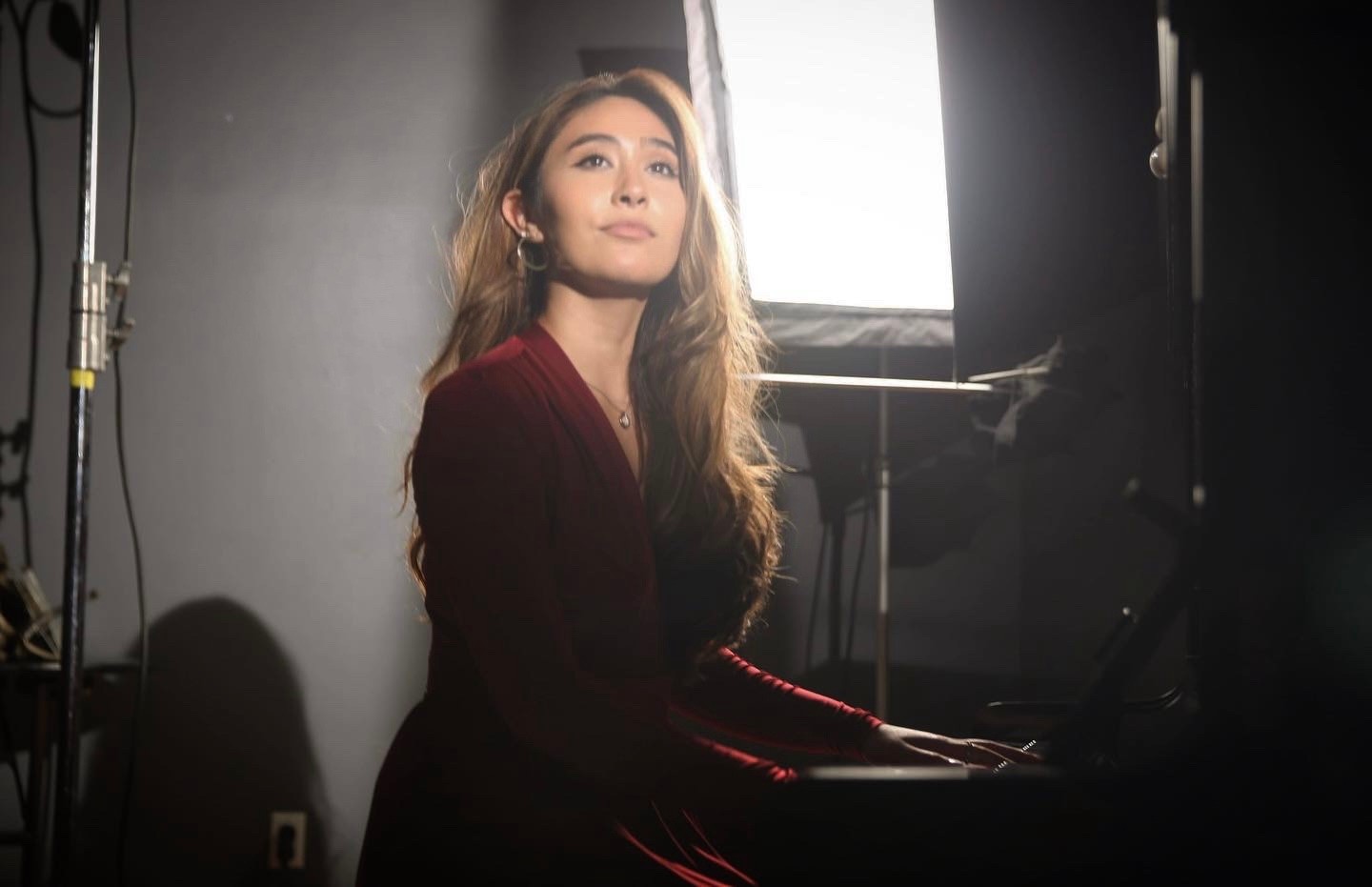
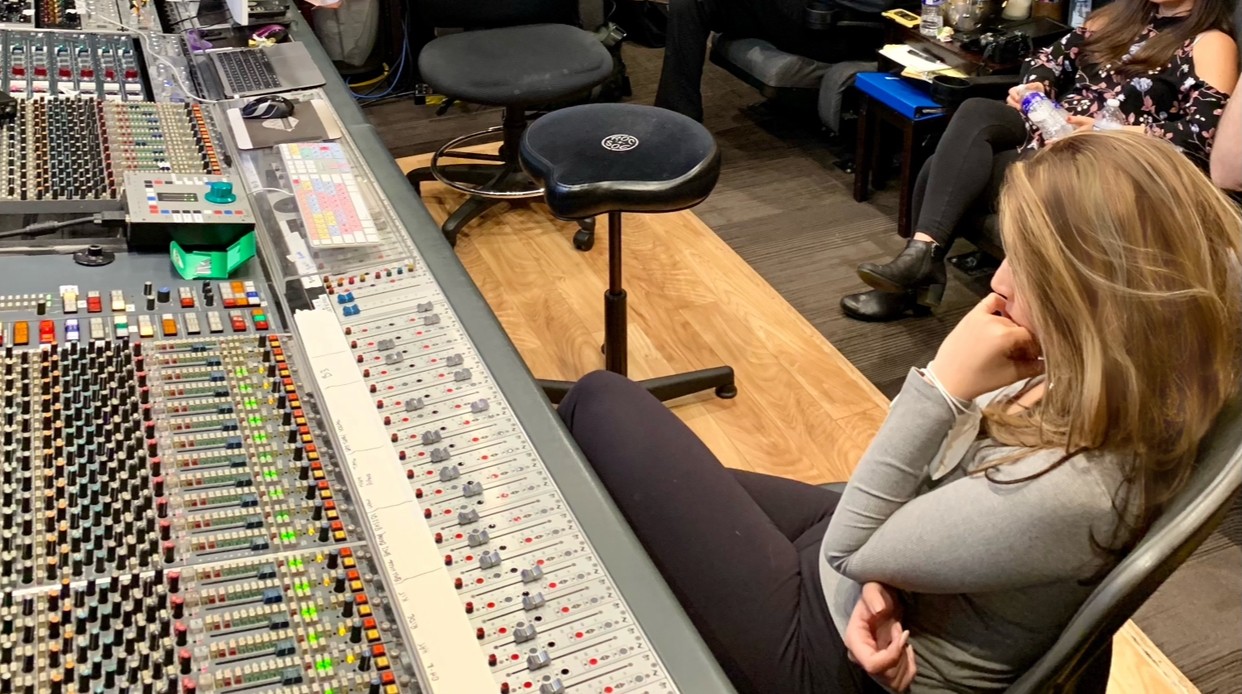
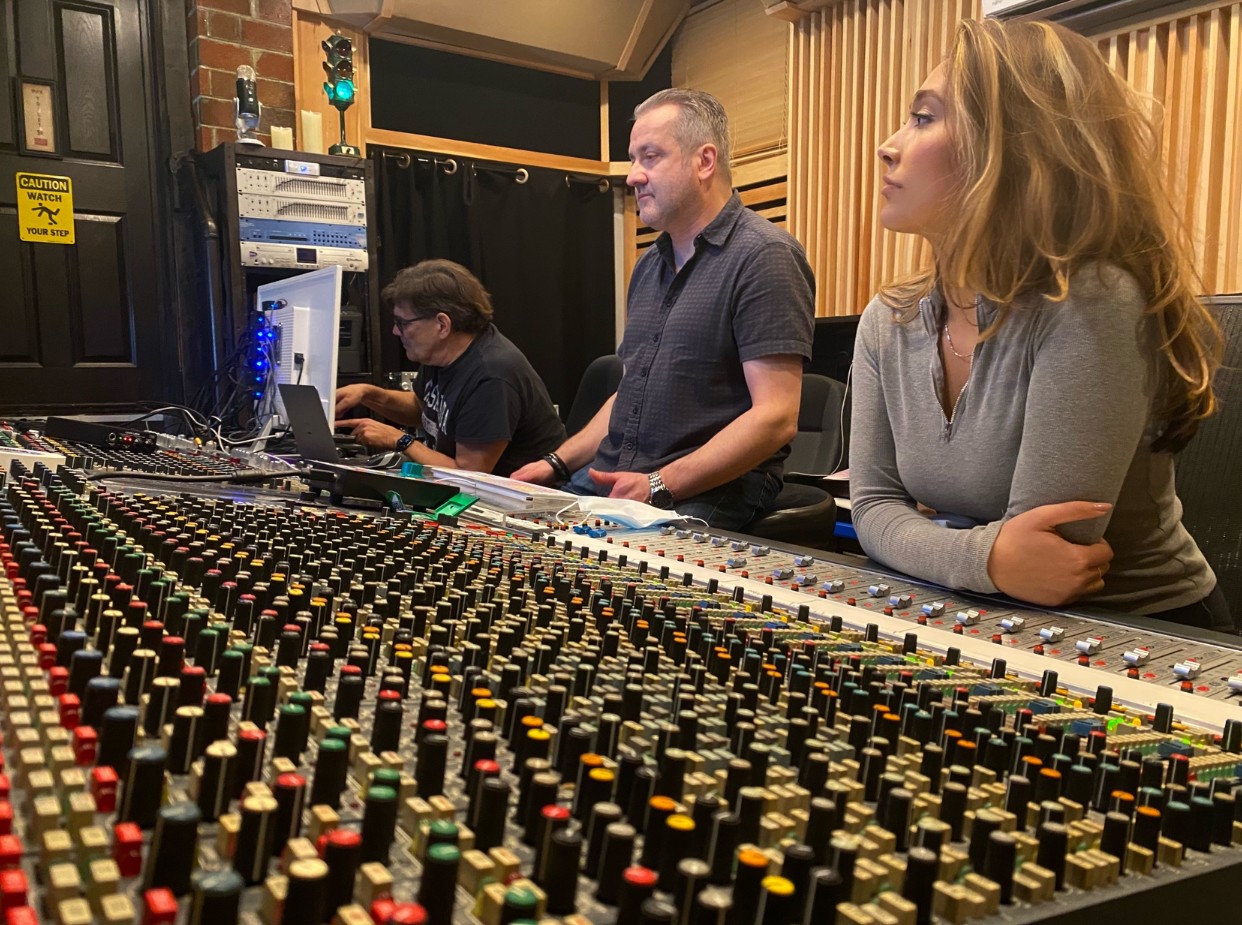
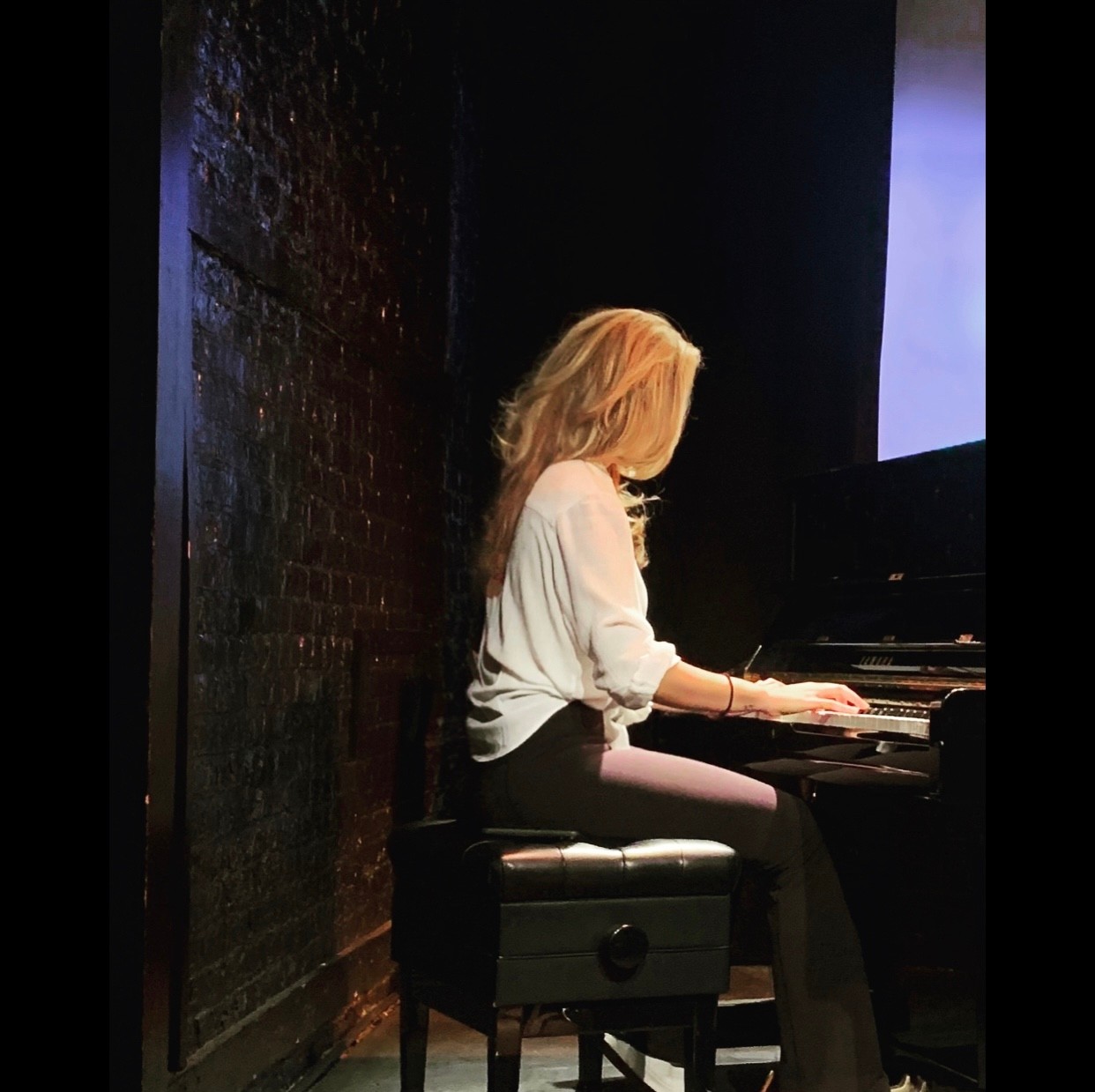
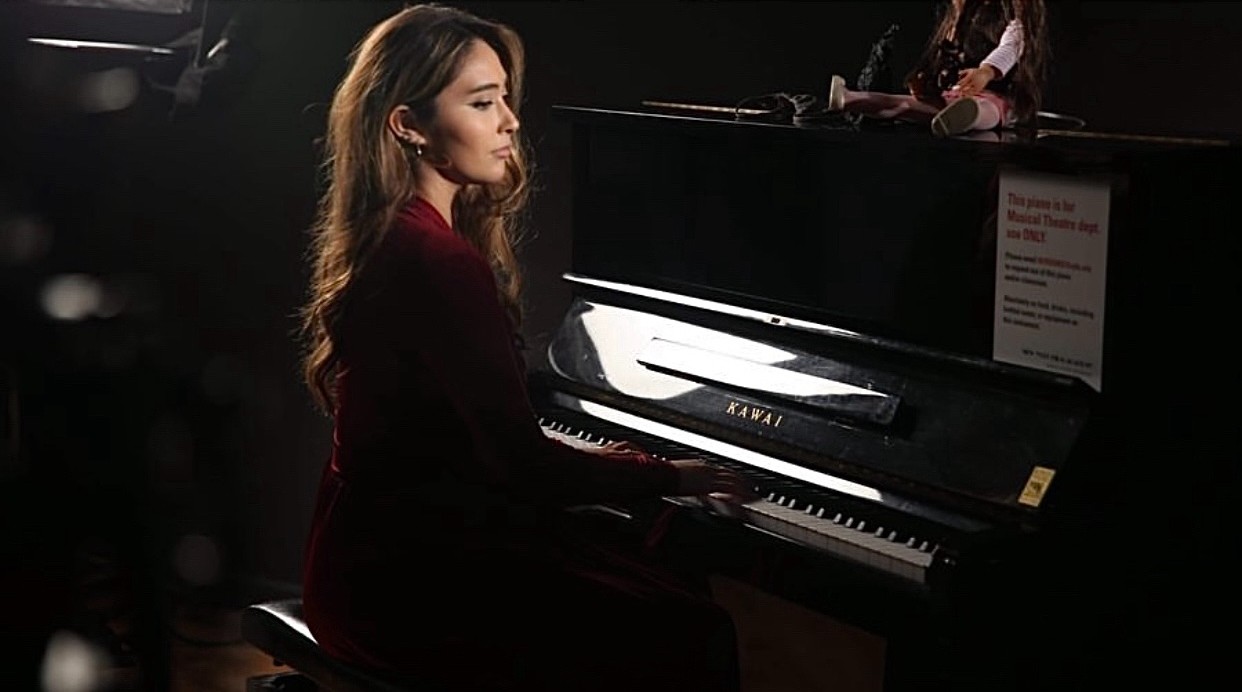
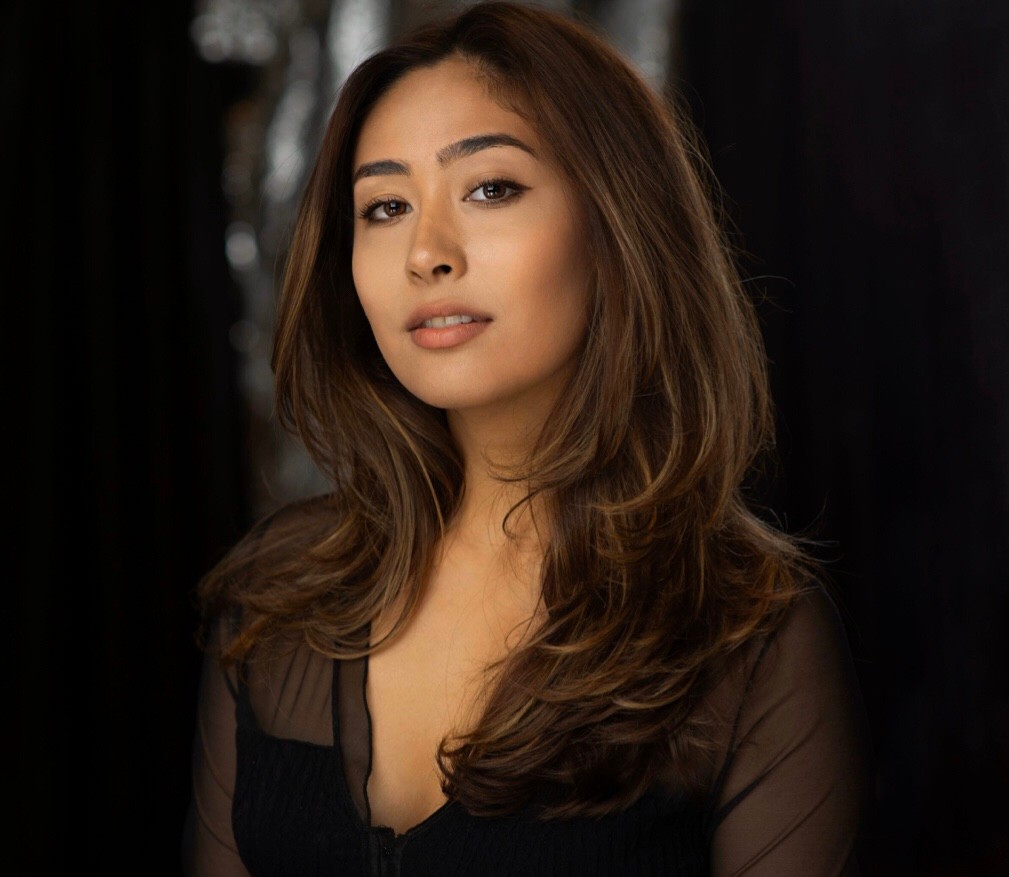
Image Credits
Jodi Laine Thibodeau Arif Minhaz




